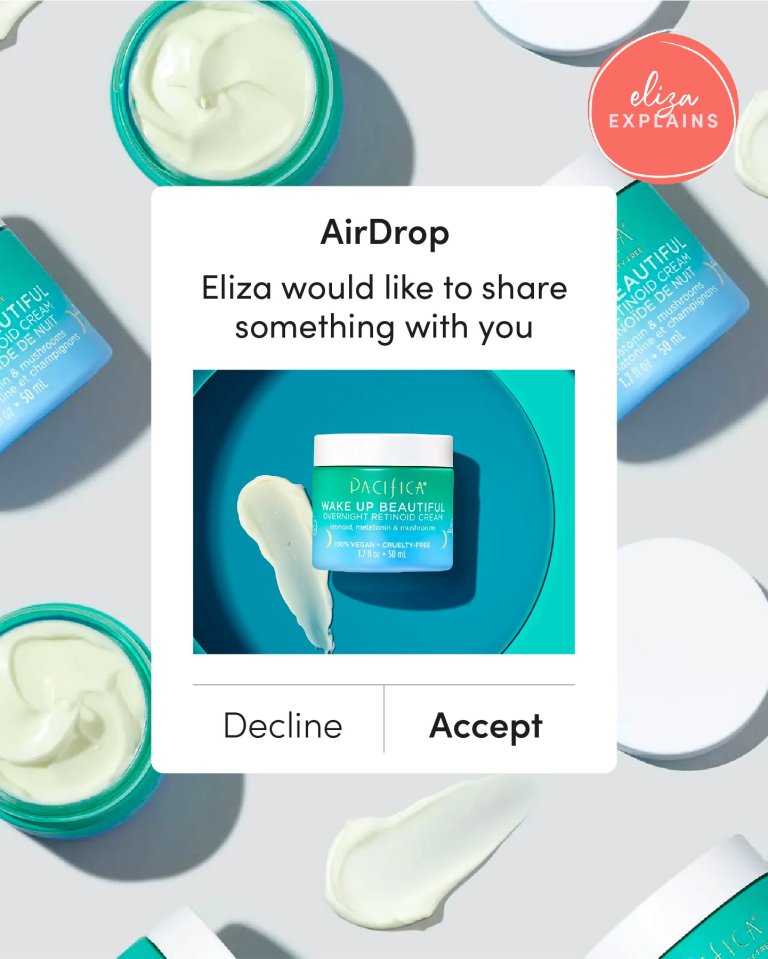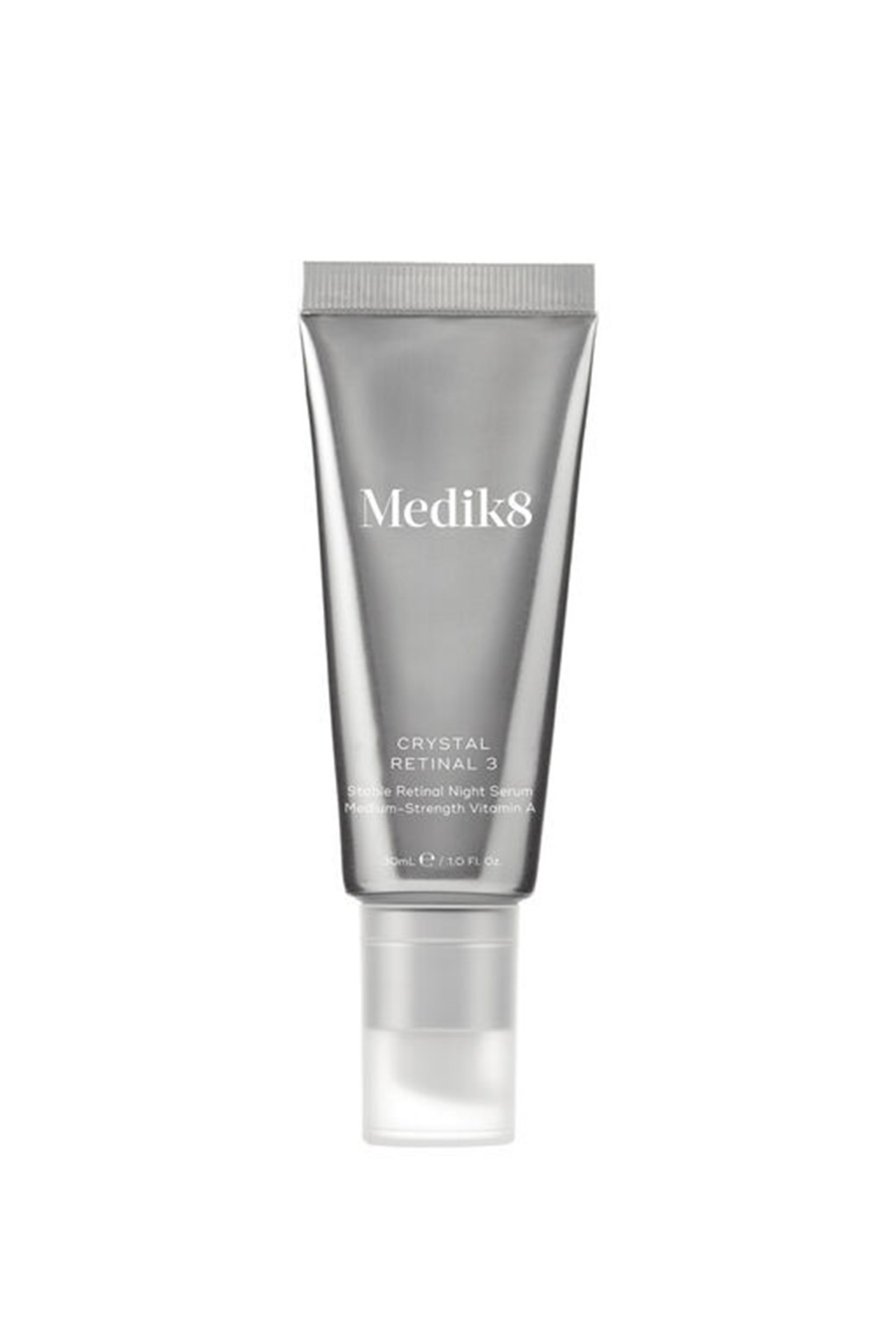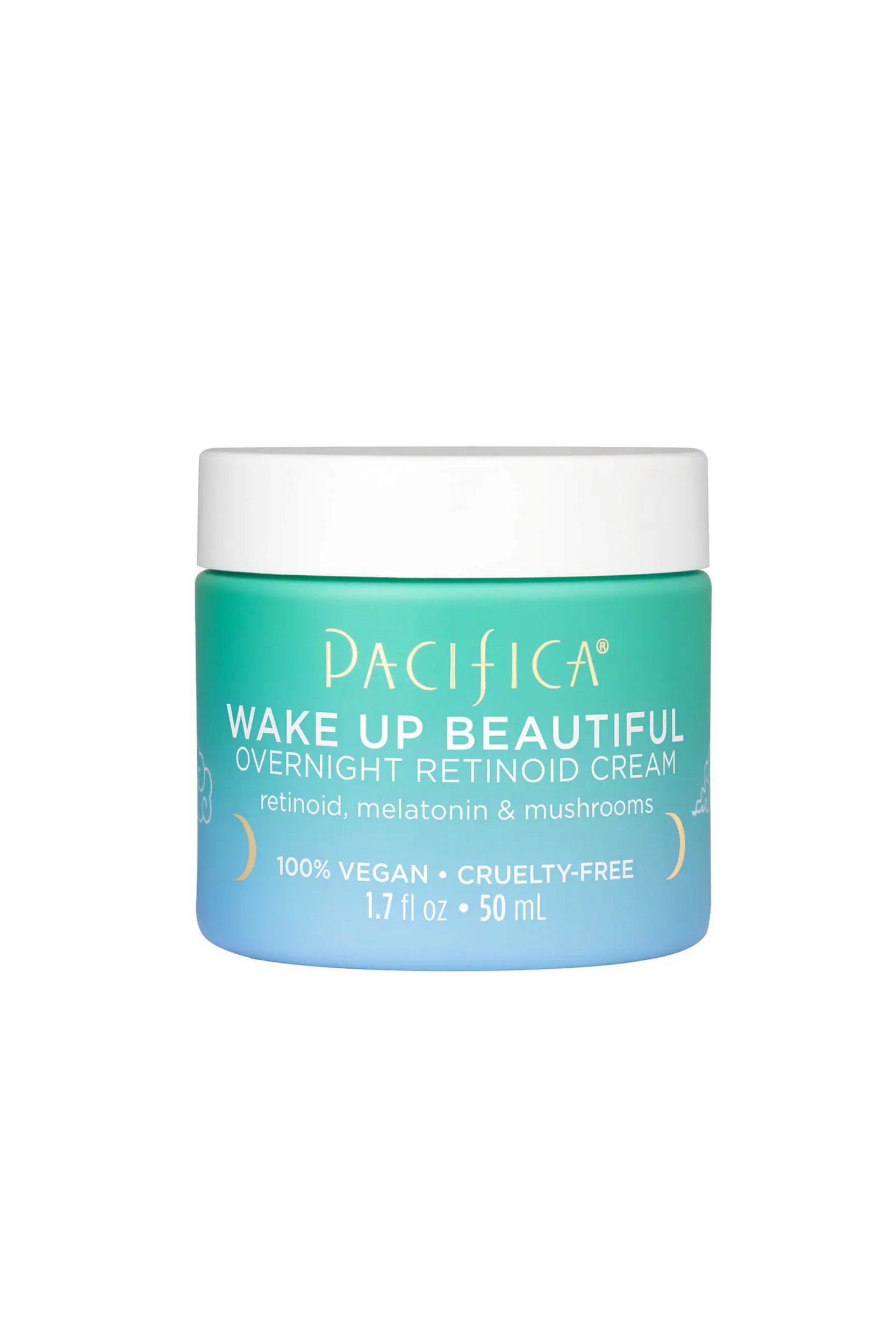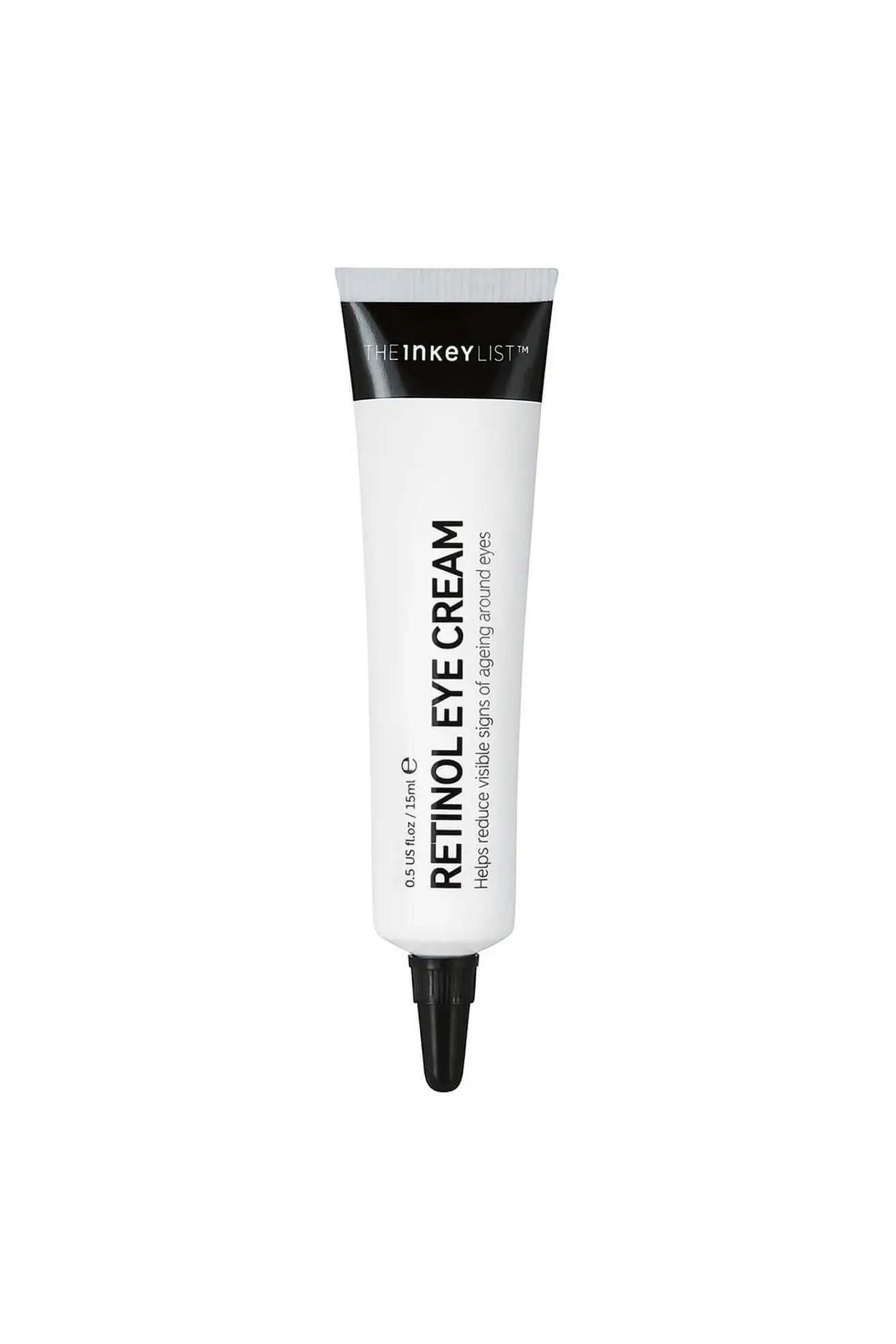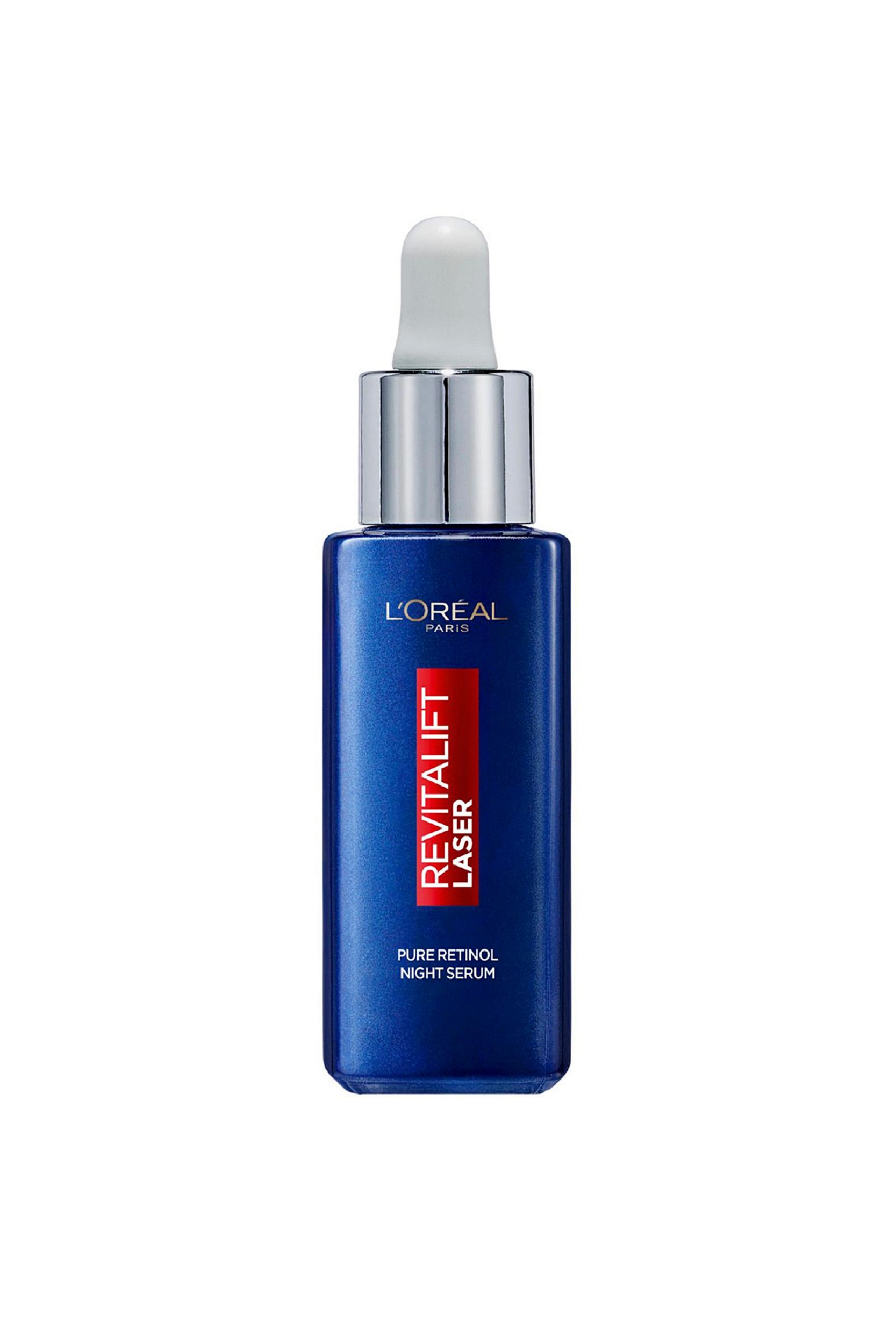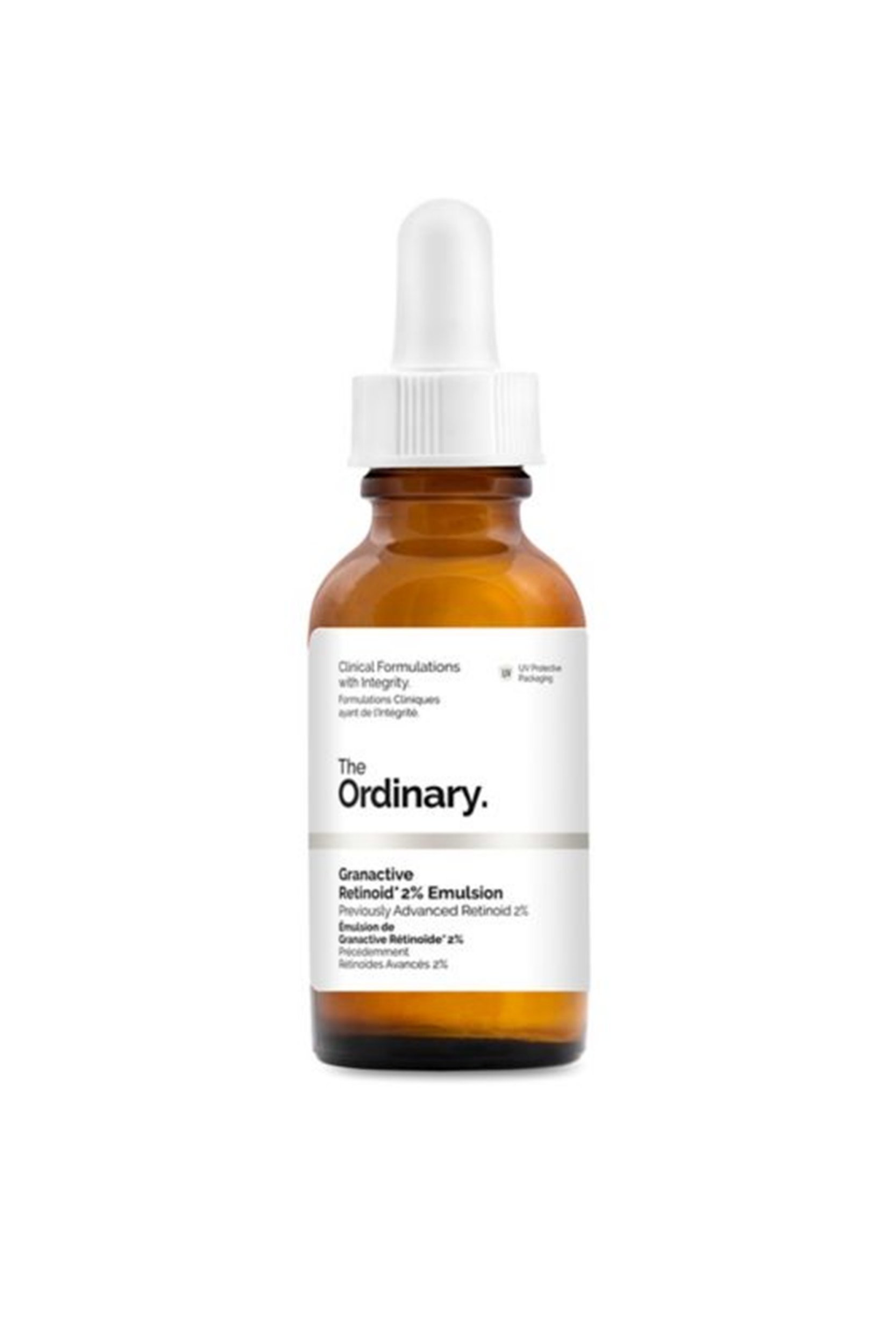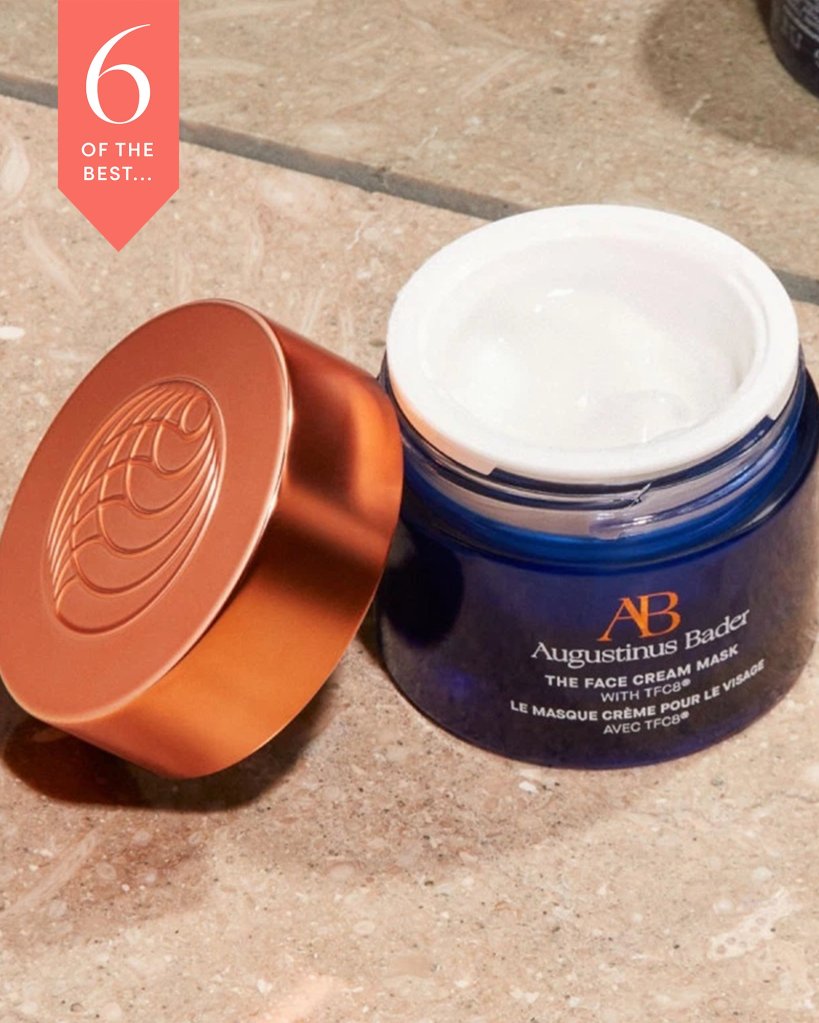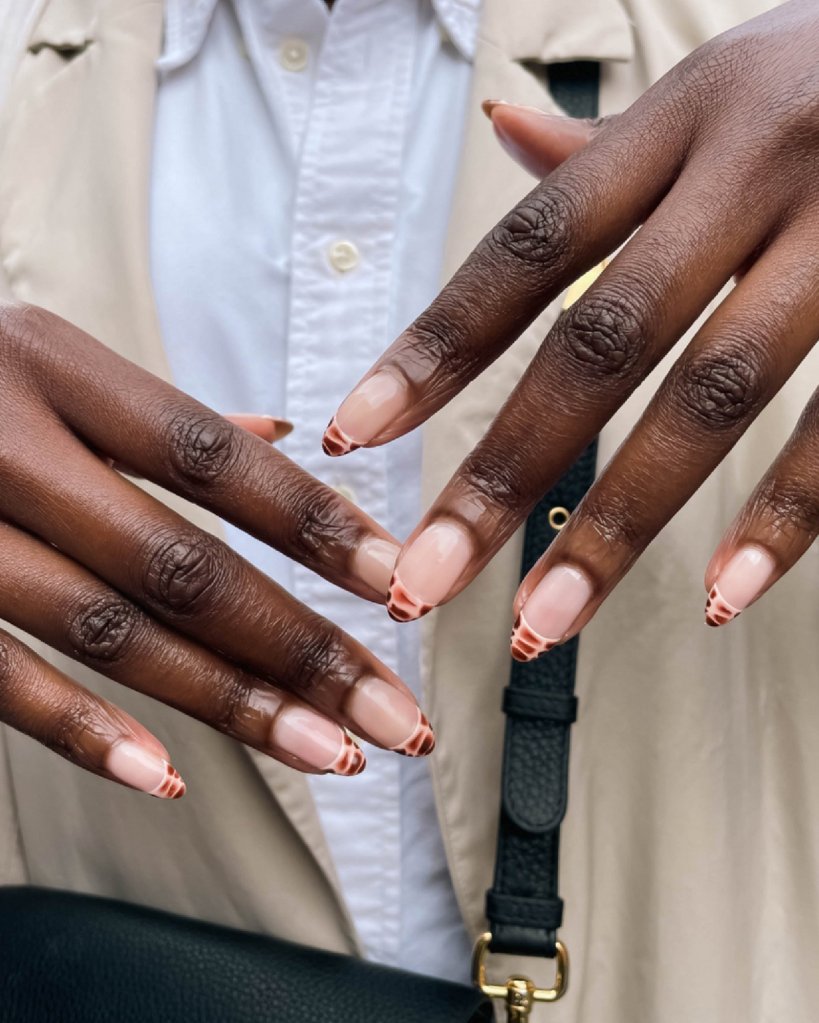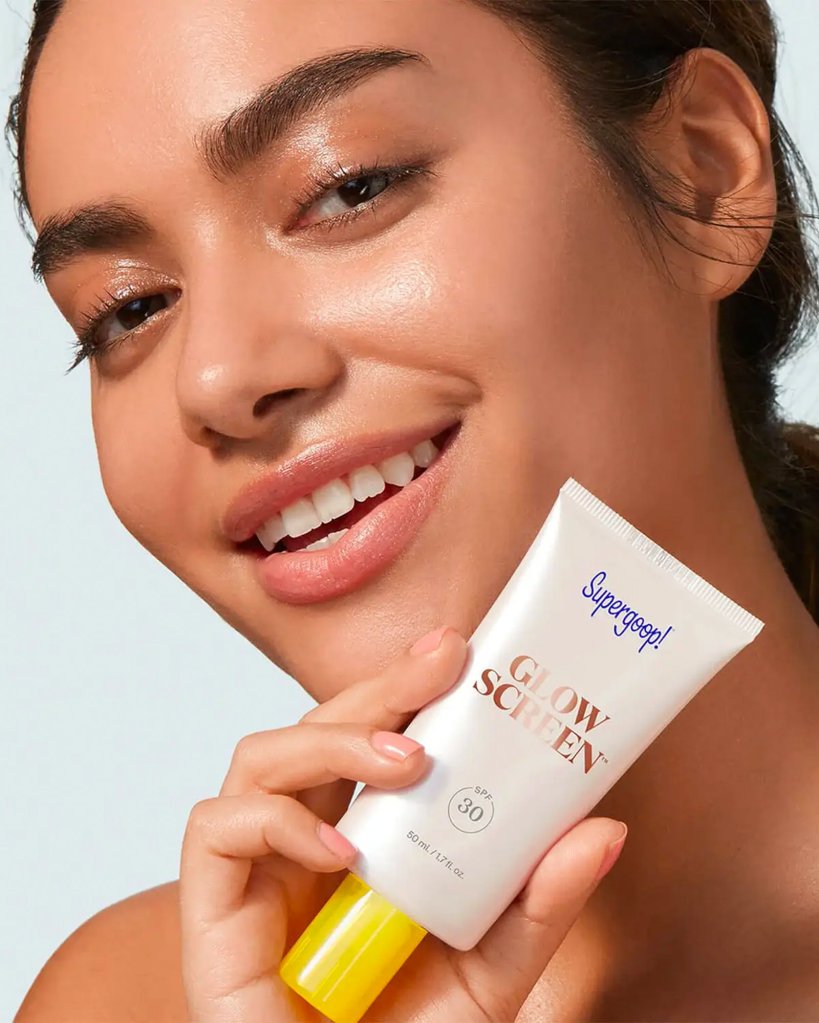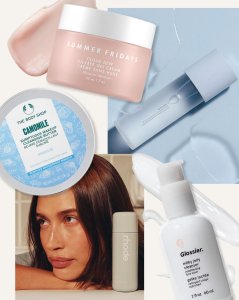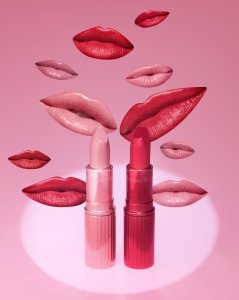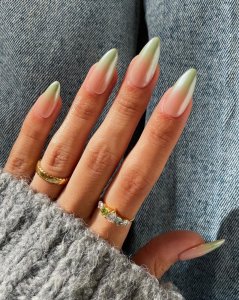Demystifying ingredients, clarifying how to apply products and revealing everything you’ve always wanted to know about skin types; Eliza Explains will help you become a beauty pro.
You don’t need to be a skincare buff to know that retinol has been a big deal for quite a while now – and it isn’t going anywhere anytime soon.
People snap it up for its proven ability to up cell turnover, reduce fine lines and scarring, and generally make skin smoother and healthier. That said, knowing where to begin with a retinol can be a bit tricky, especially when considering that overuse can cause redness, irritation, and a host of other skin issues.
But what is retinol and how does a retinol virgin introduce the ingredient into their skincare routine? A successful experience hinges on two things: research and patch testing.
I’ve done the first bit for you, so keep reading to find not just what the best retinol for beginners is, but how to use it without any unwanted side effects. The second bit you’ll have to do at home – just grab your chosen retinol serum or cream and apply it to a small area on your neck for a few nights to make sure it doesn’t upset your skin.
Bear in mind that if your skin is already extremely sensitised, or if you’re using a lot of other actives (think AHAs), retinol might not be the best idea. Dip your toe in and see how your skin responds, and keep an eye on redness over time – a short-term response can be a side effect of getting used to retinol, but your skin shouldn’t be irritated for months on end and, if it is as a result of retinol, it should absolutely be weeded out of your routine.
There’s another rule to always stick to if you’re wearing retinol: you must ALWAYS wear SPF the following day. You should be doing that anyway, but in case you’re not, remember this: retinol makes skin more sensitive to UV rays, and you definitely don’t want to prematurely age or potentially get skin cancer.
Here’s your lowdown on all things retinol.
What is retinol?
Retinol is a derivative of vitamin A, along with retinoids, retinyl esters, retinaldehyde and retinoic acid. In a nutshell, ‘retinol’ is the most commonly used catch-all word for this type of ingredient, but there are many different kinds.
While some retinoids are only available through prescription due to their potency, retinol is more commonly used in over-the-counter products and those you’ll come across in the skincare aisle due to their gentler formulas.
However, don’t be fooled into thinking that you can just pick up any old bottle and be on your merry way. Retail-available retinols come in a varying range of concentrations, so your skin will need to build up a tolerance before hitting the higher percentages.
What are the skin benefits of retinol?
The results vary from product to product, but the overarching aim is to encourage skin to turnover more quickly and to undo damage – think a kick up the backside for lazy or damaged cells, so they behave more youthfully. Use of retinols can result in fresher, younger looking skin, as well as less acne – which is something else it targets.
How do you use a retinol?
This mostly depends on the product you choose, but as a rule of thumb, retinol products are applied at night after cleansing. Overnight, your skin is in repair mode rather than fighting off the elements, so it’s able to get the most out of retinol.
You can usually apply your normal moisturiser or serum on top, but I recommend avoiding other active ingredients, including vitamin C and glycolic acid (or other AHAs/BHAs).
When you start using retinol, it’s a good move to use it every other or third night, and then very slowly build up tolerance. Incorporating too quickly or regularly can result in irritation and redness.
Who should use retinol?
If your skin is showing signs of wear and tear i.e. wrinkles, discolouration or scarring, retinol might be a really good way to tackle those things. There’s an argument to suggest that general ageing can be combated with retinol, so introducing it would also be a good measure if you want to keep your skin as youthful as possible.
And as for acne, retinol is an ingredient that can really help out (just be sure to get a derm’s advice prior to trying as you don’t want to aggravate blemishes).
You can begin using retinol at any age past around 25, when collagen production begins to slow down and skin is mature enough to handle the ingredient.
What’s the best retinol for beginners?
If you’re sold on the idea of retinol, then I recommend opting for a serum that’s been formulated cleverly and won’t overwork your skin. Here are the five products I recommend looking into first:
Medik8 Crystal Retinal 3
This is the one to get if you’ve got hypersensitive skin – I used this every other night on my sensitive skin and it didn’t give me even a whisper of redness. If you find it’s too gentle, you can dial it up a little when you buy your next one and work your way up the Medik 8 retinol system.
Pacifica Wake Up Beautiful Overnight Retinoid Cream
A combination of retinoids, mushroom extracts and quinoa, this cream will get you the results you want from your retinol but also hydrate skin well. I love the texture – very lightweight, almost whipped.
The Inkey List Retinol Eye Cream
As the skin around your eye area is more delicate than the rest of your face, this is where you want to be more careful when applying retinol. This eye cream is made specifically for your eye area, harnessing a stabilised retinol compound for a slow-release formula that avoids irritation. It’s also features shea butter and sunflower seed oil to counteract any dryness. Remember to start every third day and then add it in more often to avoid potential irritation.
L’Oreal Paris Revitalift Laser Pure Retinol Deep Anti-Wrinkle Night Serum
The retinol in this silky serum is blended with hyaluronic acid to hydrate, meaning that your skin is far less likely to feel tight or uncomfortable while using. For this reason, it’s a good entry point.
The Ordinary Granactive Retinoid 2% Emulsion
While The Ordinary’s Retinol in Squalane was a popular choice for customers of the brand when it first launched, The Ordinary has since updated its retinoid range to include alternatives that are non-irritating to the skin. This emulsion combines a duo of Granactive Retinoid and encapsulated pure retinol for a lightweight formula that absorbs on the skin. All in all, it’s a great entry-level retinol product.
